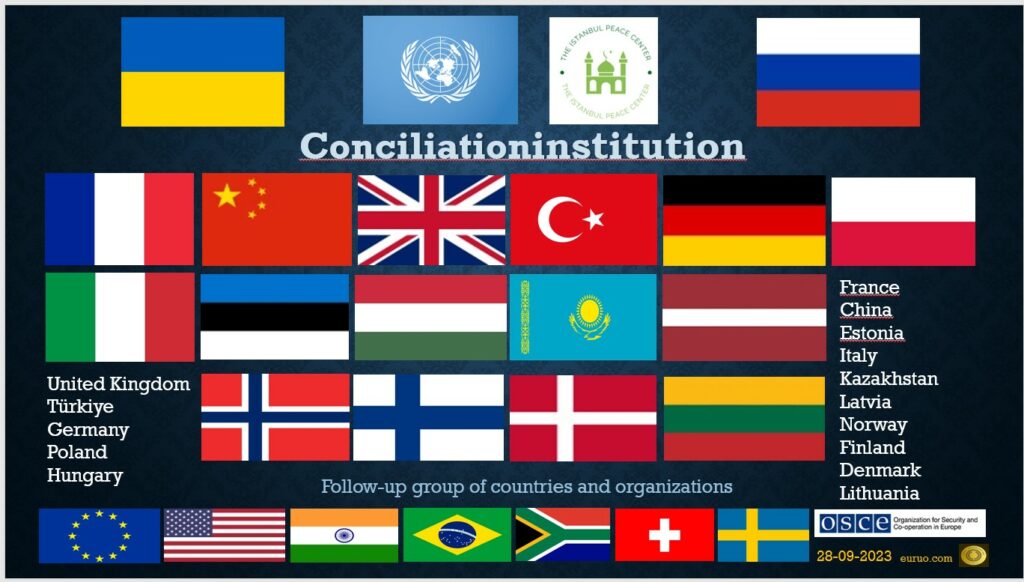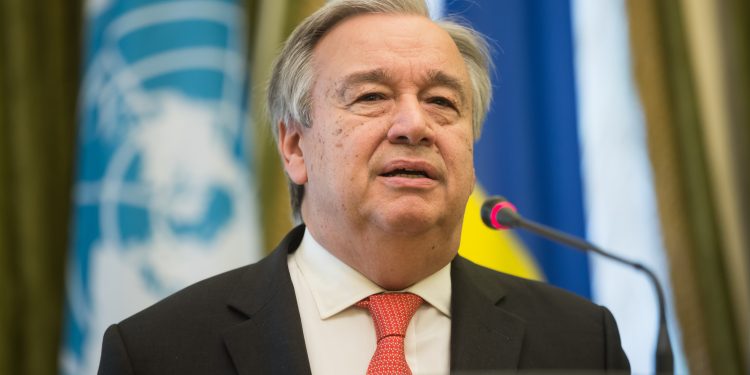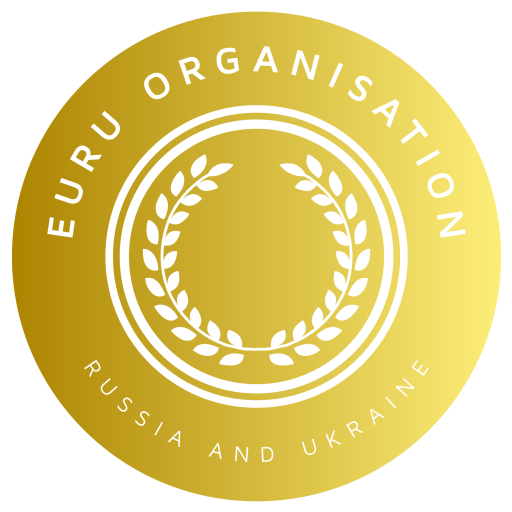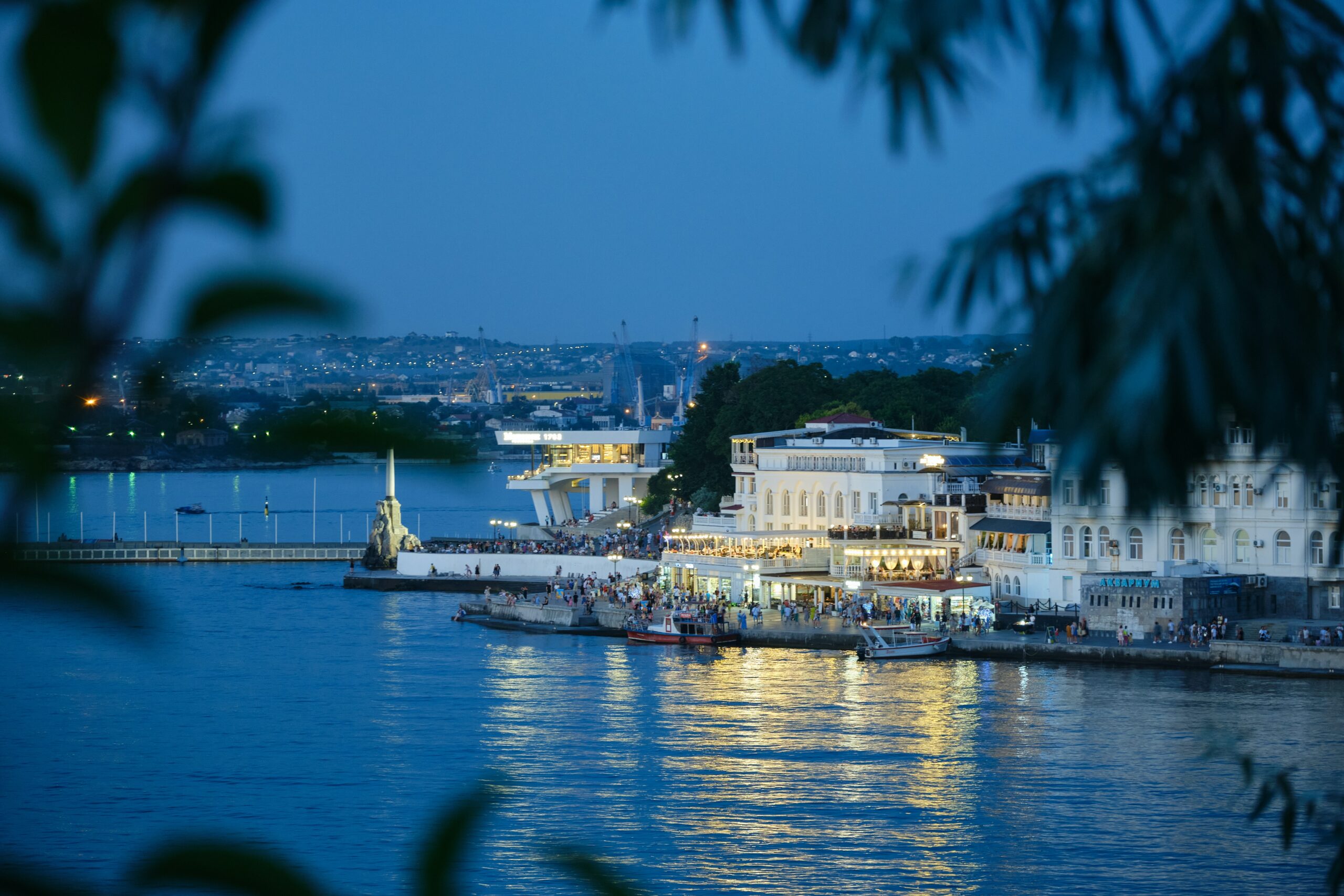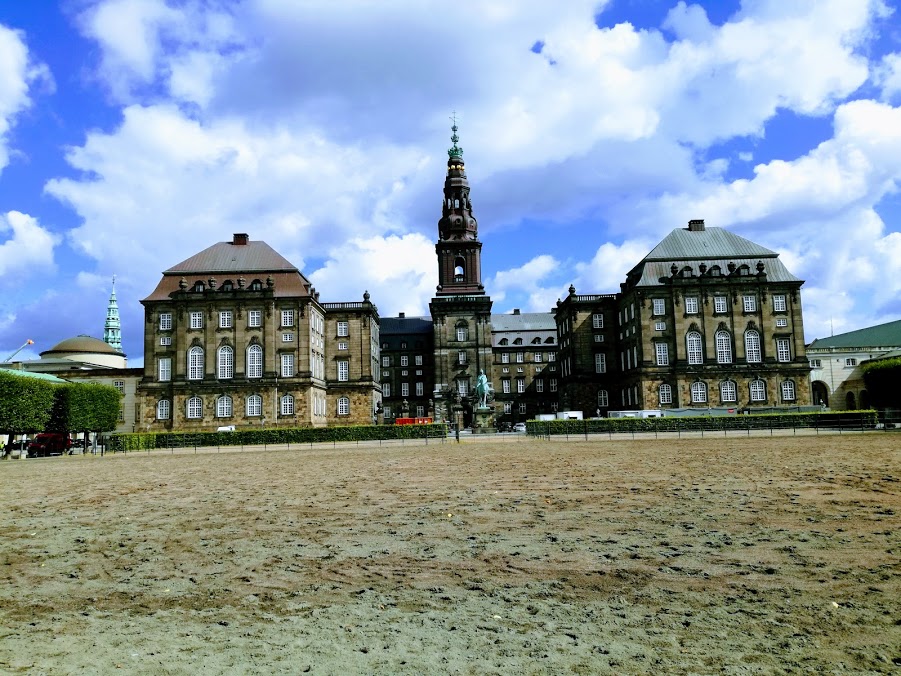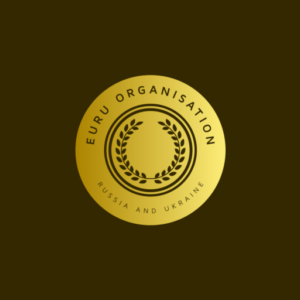As the conflict between Russia and Ukraine continues, several peace delegations have traveled to both Russia and Ukraine to mediate peace. These different leaders, foreign ministers, and diplomats have presented their own peace plans to the warring parties, without significantly shifting the entrenched situation. The international community must ask itself whether entirely different tools are needed in the effort to stop the war between Russia and Ukraine.
Yesterday, I met a friend by chance, a former officer who has also been the chief of a small naval unit and has been deployed to war zones through NATO. He asked me if I knew the difference between a politician and a statesman. He said that a politician thinks about how to get re-elected at the next election, but a statesman thinks about how to secure the next generation.
The World Needs Statesmen
Today, the world needs statesmen who can handle the conflicts playing out around the globe. With so many serious hotspots, it is time to specifically focus on resolving the conflict between Russia and Ukraine. It is my hope that leaders and their diplomats will find the extensive diplomatic toolbox and begin to build the foundation, the platform on which future peace negotiations will take place.
Statements by Mogens Lykketoft
Mogens Lykketoft, a former minister and president of the UN General Assembly in 2015, highlighted in a Danish newspaper article dated October 15 this year:
“The need for skilled diplomats to stop the wars in the Middle East and Ukraine and to avoid an uncontrolled escalation between the US and China is overwhelming.” (Cited from: berlingske.dk, October 15, 2024)
In the same article, he also stated that “China did not want Russia’s war against Ukraine. But US hostility encourages China to cooperate with Russia, despite it potentially harming its important relationships with Europe.” What the former leader, minister, and president of the UN General Assembly is calling for are skilled and wise diplomats. To help the Ukrainian people and end the suffering on the battlefield and the losses experienced by both the Russian and Ukrainian people daily, entirely different tools are required, and a comprehensive approach to the geopolitical situation must be applied while focusing specifically on ending the hostilities.
“The Ukrainian House”
We have not yet opened the extensive international diplomatic toolbox, nor have we erected the scaffolding that will help us repair the “Ukrainian House.” We must also ensure the foundation or platform that will support the scaffolding, so that we can repair the Ukrainian house under organized conditions, ensuring that the Ukrainian people are also comfortable with our approach. The Ukrainian people and the international community are well aware of the great damage the “Ukrainian House” has suffered and the suffering its residents have endured. Only the Ukrainian people and the Ukrainian government can sovereignly decide how the house will be repaired and rebuilt, and what it will look like in the future.
Aid to Ukraine
About 50 countries today provide significant economic and military support to the Ukrainian people and wish to help rebuild Ukraine in the future, while also seeking peace solutions to end the war. These economically robust countries have also clearly stated that land cannot be sacrificed for peace. They will continue to provide Ukraine with military aid and security guarantees after the war. Ultimately, however, it is only the Ukrainian government and the Ukrainian people who decide what they choose to do in this difficult time. That being said, one can also wonder about the slow process of obtaining the promised support. It is unfathomable that leaders can solemnly promise grenades to the Ukrainian military without delivering what has been promised. This can be described as political laziness and an entirely untenable policy that costs thousands of Ukrainian lives.
Changing Politics and Rhetoric on the International Stage
In addition to using the necessary diplomatic resources and placing future peace negotiations in permanent frameworks, it is also necessary to change politics, rhetoric, and the approach to peace negotiations and future cooperation and trade policy in Europe. First, it must be admitted that Russia has some entirely legitimate security interests that must be accommodated. Second, we must avoid writing and acting as if the Russian people are different from the rest of Europe. All countries and peoples have their own identity, characteristics, and culture, but the proud and friendly Russian people should not once again be isolated from the rest of Europe. The Russian people want to cooperate with us and visit London, Paris, Berlin, and other exciting locations on an equal footing with other people in Europe.
A policy characterized by isolating 140 million Russians neither leads to peace, stability, nor a better world but instead helps maintain and expand existing conflicts.
Future Peace Negotiations – We Are Not in Yalta in 1945
At the Yalta Conference during World War II between Winston Churchill, Franklin D. Roosevelt, and Joseph Stalin, held in Yalta on the Crimean Peninsula in February 1945, these leaders negotiated a “solution and boundary drawing” among other things. This seemed straightforward and forceful, but posterity has had to live with a divided Europe, divided into two blocs, which did not change until 1991 when 11 of the former Soviet republics formed the Commonwealth of Independent States. Today, we know that to achieve peace and stability, entirely different methods must be used.
Opening the Diplomatic Toolbox for Peace and Stability in Europe
Direct dialogue with Russia is necessary, and all countries bordering Russia must scale down their military activities near the Russian border, while Russia must also scale down its military activities near its borders to achieve a more stable Europe geopolitically. We also know that the Russian minority outside Russia must have much better rights/conditions than they have today. Moreover, peace negotiations with Russia must include conditions that grant more autonomy to Donbas, and it should be stated that there will be no foreign troops on Ukrainian soil in peacetime (this does not exclude the alliances Ukraine cooperates with). Additionally, the text must include how coexistence on the Crimean Peninsula will be organized in the coming years, including Russia’s possible leasing of a naval base. Russia wishes to maintain maneuverability in the Black Sea.
Diplomatic Centers for Cooperation, Culture, and Trade
Furthermore, it could be advantageous to include six Russian diplomatic centers: Centers for Cooperation, Culture, and Trade. These centers should be established in Sevastopol, Mariupol, Donetsk, Luhansk, Kherson, and Zaporizhzhia. If these conditions are included in a draft peace agreement along with guarantees that cooperation and trade between Russia and the outside world will normalize, we have a document that the Russian government might be interested in looking at and starting substantive negotiations.
The conversation and future negotiations must take into account contemporary historical realities. Russia has a long tradition of being on the Crimean Peninsula, the eastern parts of Ukraine wanted close cooperation and trade with Russia. Ukraine is today a free and independent country, and I am not aware of any leader suggesting that they should cede land for peace. Therefore, we must also respect that leaders in Europe have different approaches to how the war between Russia and Ukraine should be handled. We must focus on current conditions. This is about Ukraine maintaining its sovereignty, stopping the bloodshed on the battlefield, and building a bridge between Russia and the rest of Europe and the USA.
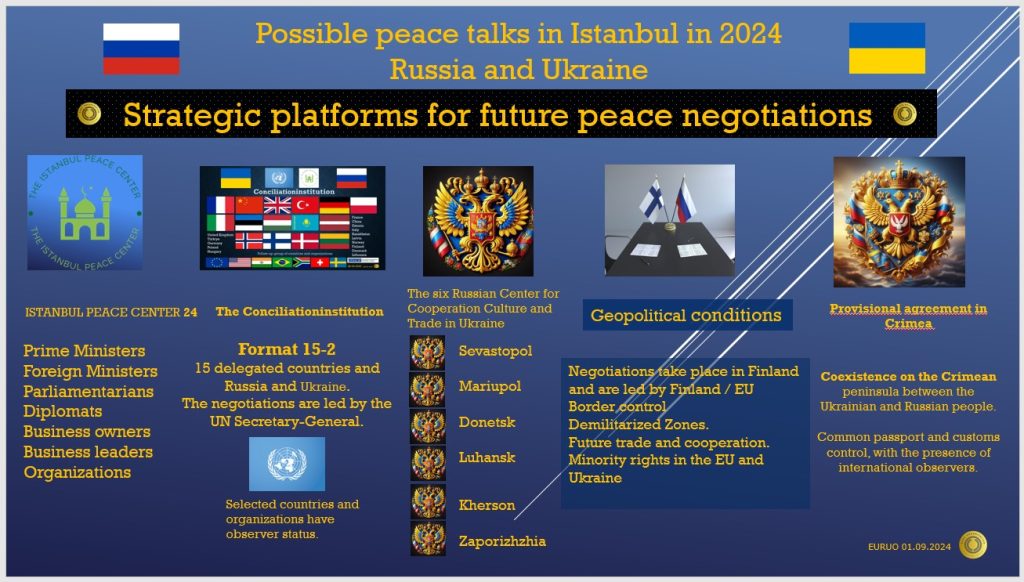
The Future for the Ukrainian and Russian People
To end the war in 2025, it is necessary for leaders and diplomats to use their human resources and allocate time for peace negotiations. I have outlined a multi-faceted strategy for peace negotiations, where peace talks take place in a permanent council. A peace conference involving all countries will be held in Istanbul. Geopolitical conditions, including demilitarized zones and future trade cooperation between Russia and the EU, will be discussed in Finland. Additionally, it might be sensible to lift the arrest warrant from the ICC on the Russian president to initiate peace negotiations. This does not foster dialogue and reconciliation.
Russia must be held accountable for its desire for peace in Donbas, more autonomy for the region, better rights for the Russian minority in Ukraine, and the use of the naval base in Crimea. A draft peace agreement must also include a point on how demilitarized zones can be established between Ukraine and Russia and also with Belarus, as well as acceptance that the Kerch Bridge is a natural infrastructure project between Russia and Ukraine. The situation for the Russian and Ukrainian people is completely untenable, and more countries need to engage in dialogue. It is obvious that England, France, Germany, and the USA should talk with China and have a dialogue on how they can help. Moreover, it is essential that the leaders of England, France, and Germany visit Russia and Ukraine and engage in in-depth talks with the parties to promote future peace negotiations.
With each passing day, the situation in the world becomes more critical, and there is a need for leaders who can instill hope and faith in the Ukrainian and Russian people for a swift end to the uncertainty and suffering they are enduring.
